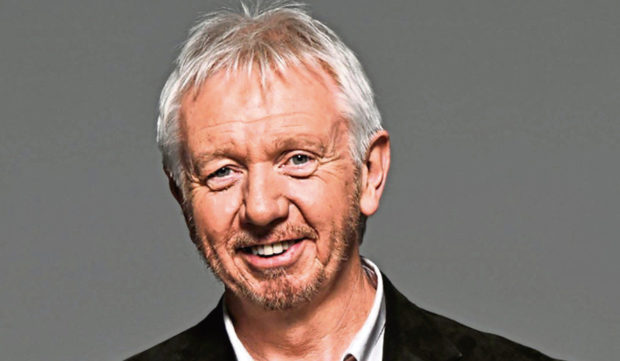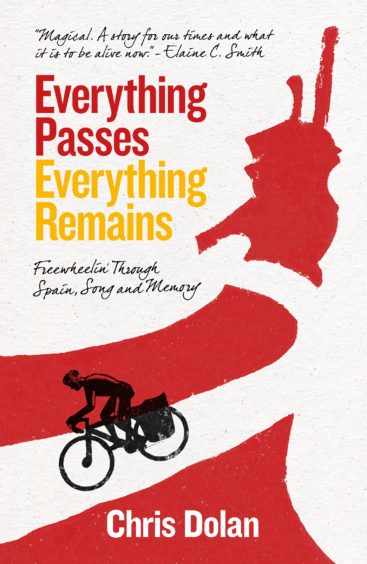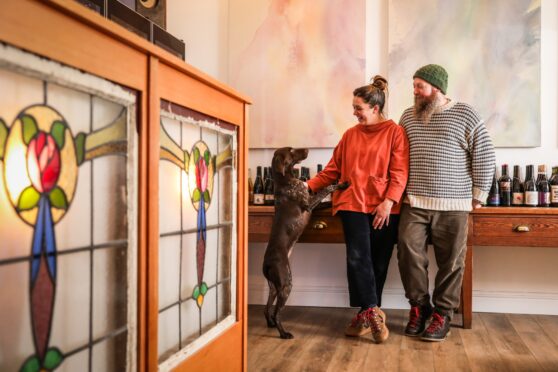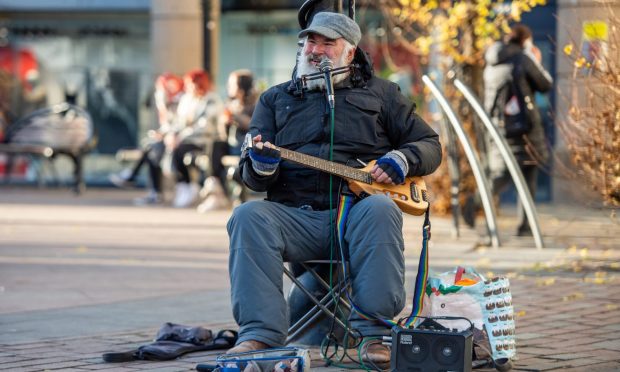Everything Passes, Everything Remains is the latest book by prolific Scottish dramatist and author Chris Dolan. Turning back the clock to his own teenage trip to Spain, then inspired by Laurie Lee, Chris revisited Spain in 2019 with two friends, their bicycles and musical instruments.
As the Glasgow-born writer explains, the intention wasn’t always to write a book, and the work is certainly not intended to be an autobiography, “It’s about impressions, of Spain and Scotland, made over, and between, two journeys. One attempted when I was a teenager in the 70’s to busk across Spain in the footsteps of Laurie Lee’s As I Walked Out One Midsummer Morning. The other last year, an old codger of 61. But this time I did it on a bike and with pals – the Sexygenarians, as we were very ironically dubbed. A decidedly dodgy busking band – fiddle, uke and whistle.”
Born to tell tales whether for the small screen, stage or written page, Chris grew up in a household where stories were a valuable currency: “Storytelling was everywhere in my childhood. We had parties for all our birthdays, high days and holidays but I realise now they were kinds of ceilidhs. Everyone did a turn,” he recalls. “Then there were my sickbed books, Robert Louis Stevenson was an early favourite and still probably my favourite writer.
That first trip to Spain, taken by the young Chris to escape the repercussions of some fairly poor exam results, led to a lifelong affection for the country and its people. “I fell in love at once with Spain and all things Spanish. The food, the noise, the music, the warmth of the sun and the people…Spain in the 70’s was more akin to Lee’s of the 1930s than it is to modern Spain. The poverty was distressing. It was like stepping back in time 50 years.”
His latest trip also gave him the chance to reflect on a changing Europe, as well as exploring song, poetry and “daft high jinks by old men who should know better…”
The changing face of Spain
Today’s Spain would be almost unrecognisable to Lee or even to the teenage Chris, “Joining the EU was a game changer for Spain,” He points out, “In under a decade the country changed in fundamental ways. There’s still poverty of course but it’s not now in every shop doorway and on every church step. “But there are dark clouds too. The ultra-right is on the rise for the first time since the death of Franco. The Catalan question is dividing everyone. And the 2008 crash brought the country to its knees.
“Some things never change, though. No Spaniard will talk when they can shout. And the paseo is still strong: families and groups of friends wandering from bar to bar dressed to the nines.”
For Chris, time abroad has also focussed his sense of his own roots: “Hearing Galician pipes I realised I loved Scottish pipe music. Reading Rosalía de Castro I remembered Burns poems I hadn’t known I’d internalised. “The Spanish pride in place, belonging, inspired me. I understood that, for all the negatives, all the social problems, I had the same sense of belonging as my Spanish friends did.”
Everything Passes, Everything Remains by Chris Dolan is available now published by Saraband, £9.99.











